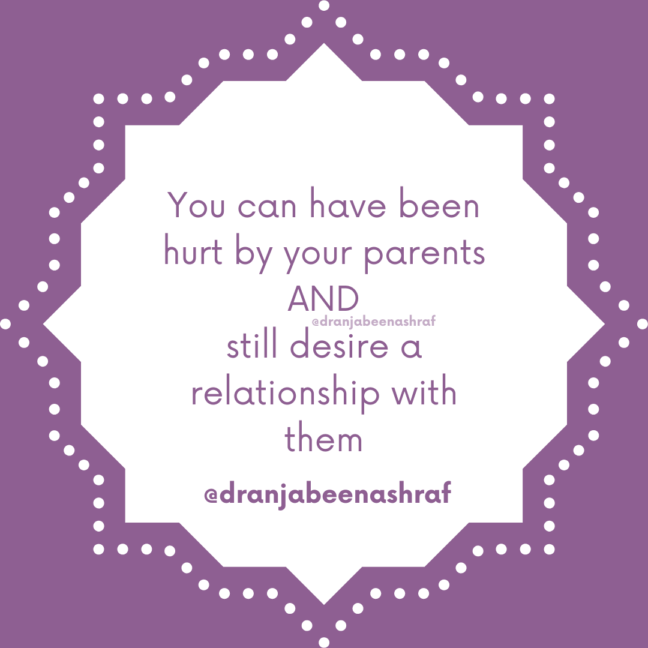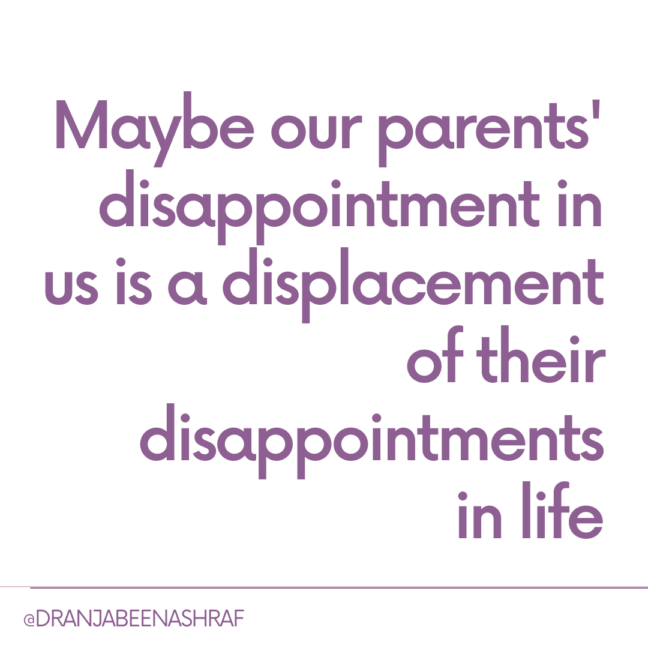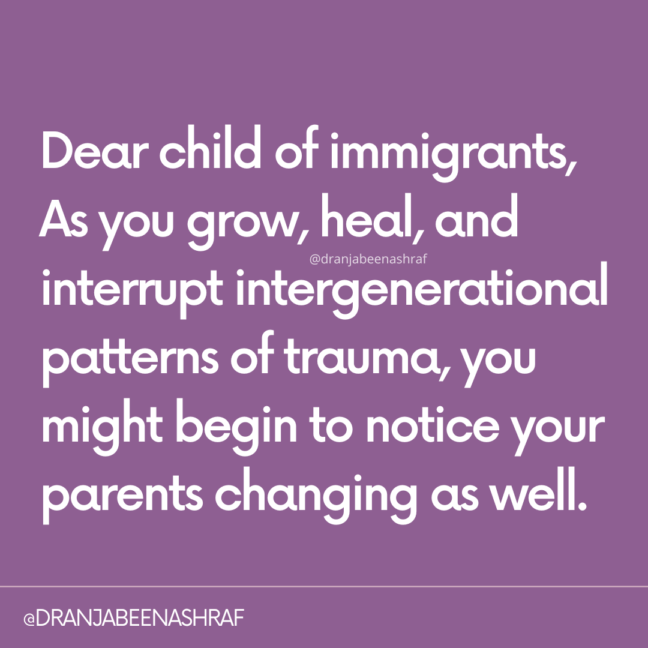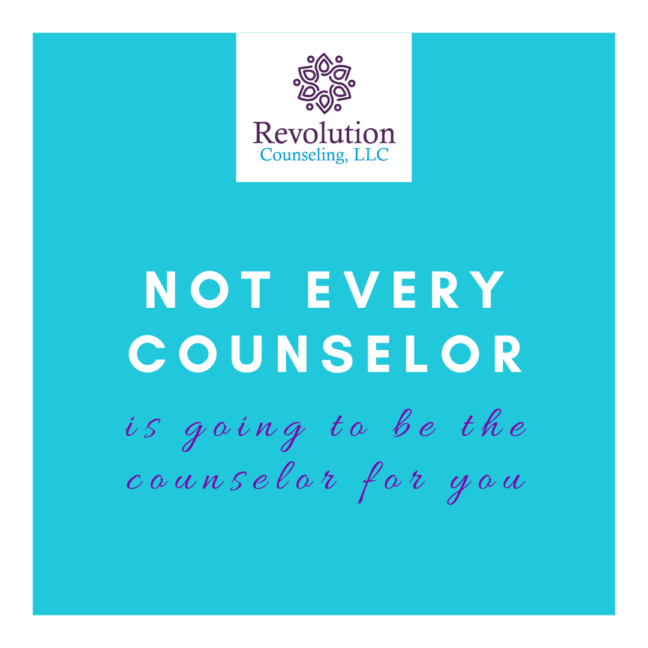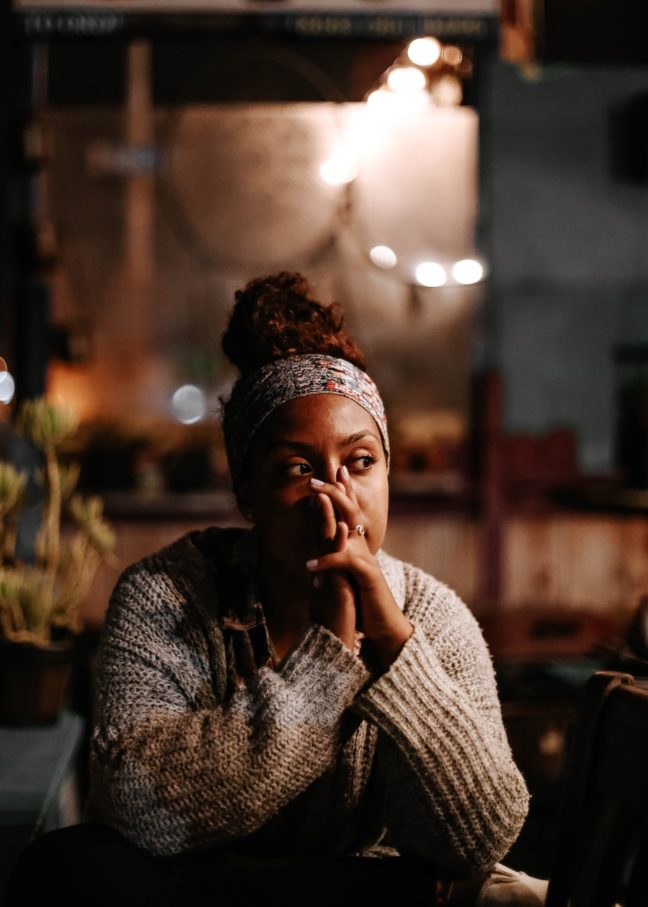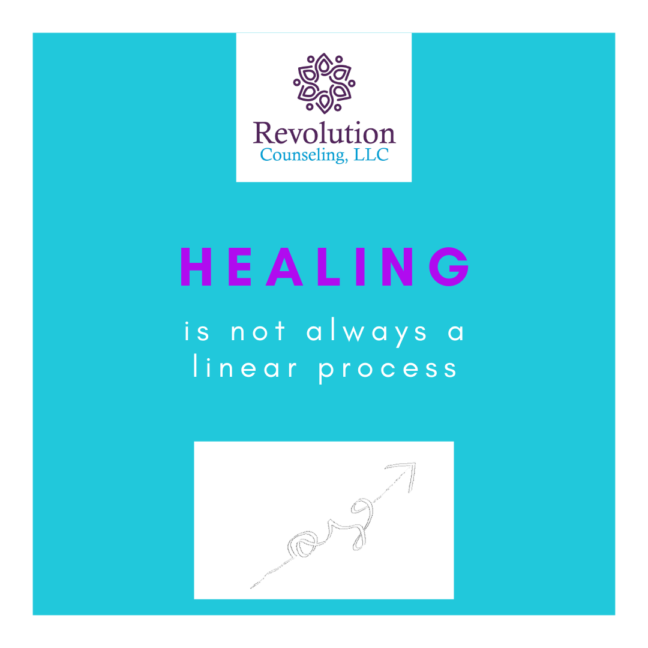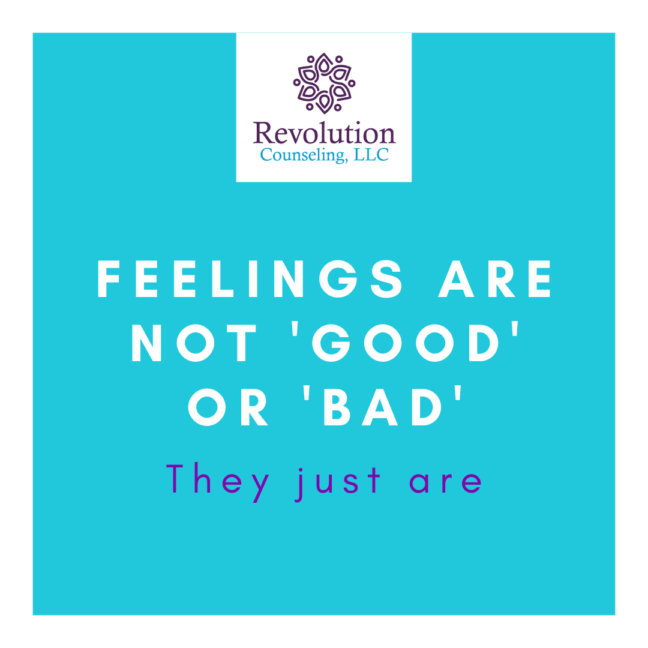I see the internal struggle with this all the time. Our parents are our first source of human contact. They are supposed to be our safe place. And sometimes they aren’t unfortunately. For children of immigrants, this may be further complicated by cultural expectations of what it means to be family.
A Desire for Connection is Normal
You may have friends who have amazing relationships with their parents and you wish you could too with yours. Even if you’ve been hurt. The desire to have a relationship with your parents, even if you’ve been hurt by them, is not weird or abnormal. It is actually pretty human. That desire is a marker of our need for connection. Remember, our parents are often our first source of connection. So it makes sense that we want to stay connected to them.
I think what is key in navigating this when we’ve been hurt by our parents: what type of relationship allows you to heal independently (e.g. your healing isn’t dependent on them) and still be in relationship with your parents? That is a big question and the answer will change based on so many things, including:
1. Your own healing
2. Their growth and healing
3. Other things going on in life
4. The energy you have moment to moment to manage the relationship
Grieve What You Didn’t Have
The second thing here is to grieve what we didn’t get to have. In other words, gently let go of the idea of ‘my relationship with my parents needs to be this way’. Let go and open up your mind to the possibilities of what could be. Think about (as stated above): what is realistic and achievable and centers your right to heal?
👇🏽Tell me: have you navigated this? What worked for you?
Therapy for Children of Immigrants in Oregon and Online
Are you tired of thinking, “Log kya kahenge (what will people say)”, having arguments via text message, posting mysterious social media statuses hoping that one person will read them, serotonin loading on the humane society’s website, or being confused about what boundary setting means? If so, we can help!

